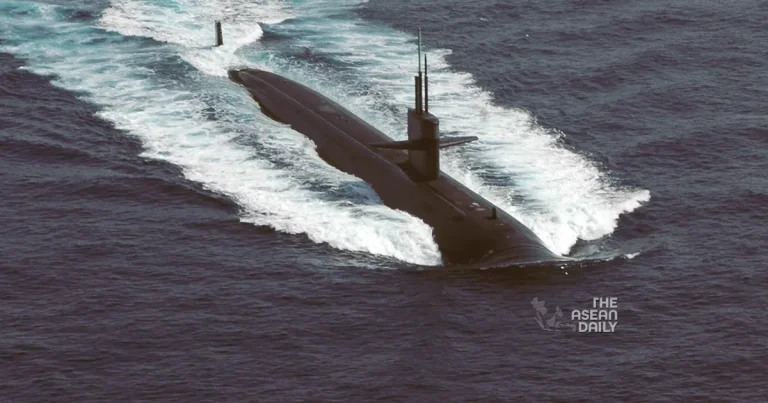1-2-2024 (MANILA) President Ferdinand Marcos Jr of the Philippines has given the green light for the third phase of the country’s military modernisation, marking a significant step in bolstering its maritime defences in the contested South China Sea by acquiring its inaugural submarine.
Roy Trinidad, Navy spokesperson for the West Philippine Sea, stated on Thursday that the third phase of modernisation signifies a strategic pivot from internal to external defence priorities.
“While we may not boast a large navy, we are committed to having a navy that safeguards our territorial integrity and sovereignty,” remarked Trinidad.
The revised third phase of the modernisation initiative is projected to cost 2 trillion pesos (US$35.62 billion) and will be rolled out over multiple years, as per Trinidad.
The announcement unfolds amid escalating tensions with China over territorial disputes in the South China Sea, which Manila designates as the West Philippine Sea within its exclusive economic zone.
Although Trinidad did not specify the exact number of submarines the Philippines aims to procure, he confirmed that the acquisition will exceed one vessel.
Several countries, including France, Spain, Korea, and Italy, have expressed interest in supplying submarines to the Philippines, Trinidad disclosed.
While the initial two phases of the military’s modernisation primarily focused on terrestrial capabilities, Trinidad underscored that the third phase will prioritise enhancing military prowess in the West Philippine Sea.
Defence Secretary Gilberto Teodoro emphasised last month that acquisitions under the third phase will span various capabilities, encompassing domain awareness, intelligence gathering, and deterrence capabilities across maritime and aerial domains.
Recent months have witnessed heightened tensions between Beijing and Manila due to a series of confrontations in the South China Sea. Notably, China faced accusations in December of ramming a vessel carrying the Philippine armed forces chief of staff.
China asserts sovereignty over the majority of the South China Sea, an assertion contested by the Philippines, Brunei, Malaysia, Taiwan, Vietnam, and Indonesia. A 2016 ruling by an international tribunal invalidated China’s claims, a decision rejected by Beijing.




